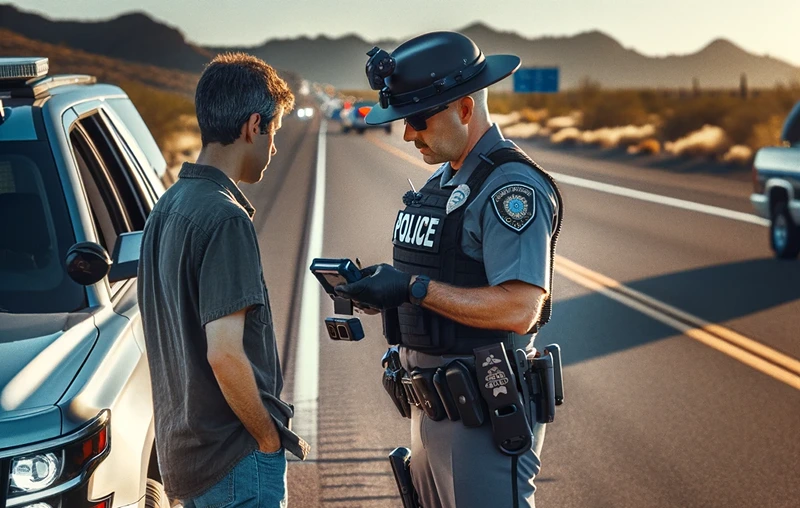
Feature Article
The Importance of Police Body Camera Footage in DUI Cases
Being pulled over by the police is enough to make anyone nervous. When an officer suspects you of driving under the influence, the situation becomes even more stressful. However, with the increasing prevalence of police body cameras, there is heightened scrutiny of officers' behaviors during traffic stops. This scrutiny can be helpful for defendants, but does not necessarily guarantee a conviction. In this article, we will discuss the importance of police body camera footage in DUI cases, the admissibility of evidence obtained from these cameras, and the potential challenges defendants can make.
The Technology behind Police Body Cameras and Its Impact on DUI Cases
Police body cameras are small devices that clip onto an officer's uniform and record audio and video of interactions with the public. These devices have gained widespread adoption over the past decade, thanks in part to increasing public scrutiny of police misconduct. The use of body cameras has been shown to reduce the use of excessive force by police officers, but they have also proven to be an effective tool in DUI cases.
Body camera footage provides clear evidence of a traffic stop and can potentially serve as proof that a defendant was not impaired while driving. For example, if the footage shows the defendant speaking clearly or performing field sobriety tests accurately, this information can be used to argue that they were not under the influence of drugs or alcohol. Body camera footage may also reveal that an officer did not have probable cause to pull over the defendant's vehicle in the first place. This footage could be used to suppress any evidence that was obtained illegally as a result of an unlawful stop.
The Admissibility of Body Camera Footage
While body camera footage can be highly compelling evidence in DUI cases, it is important to note that its admissibility in court is not automatic. The defense has the right to challenge the footage on several grounds, such as its relevance, the manner in which it was obtained, or its integrity. For example, if the footage was obtained illegally or had been edited or manipulated, it would likely be deemed inadmissible.
The prosecution must also establish that the footage is being used for a legitimate purpose. If the footage is used to establish guilt, it would likely pass muster. However, if the footage is used to inflame the jury or unfairly prejudice the defendant, the judge may exclude it as evidence.
Challenging Body Camera Footage in DUI Cases
Defendants have the right to challenge body camera footage on several grounds. For example, if the defendant believes that the footage was improperly obtained, he or she may file a motion to suppress the evidence. The defense may also challenge the relevance of the footage or question its authenticity by arguing that it has been edited or manipulated in some way.
Another potential avenue for challenging body camera footage is by questioning the officer's actions during the traffic stop. For instance, if the officer had no probable cause to pull over the defendant, any evidence obtained as a result of the stop would be considered fruit of the poisonous tree and would likely be suppressed.
The Impact of Body Camera Footage on DUI Cases
Body camera footage has had a significant impact on DUI cases, both in terms of bolstering the prosecution's case and providing exculpatory evidence for defendants. In many states, police officers are required to use body cameras during traffic stops, which has increased the likelihood that footage will be available in DUI cases. This footage can also serve as a deterrent for officers who might be tempted to abuse their power or conduct unlawful traffic stops.
That being said, body camera footage is not a foolproof tool for proving guilt or innocence. Officers may turn off their body cameras during key moments or use them in a way that does not provide a clear picture of the traffic stop. Additionally, as mentioned earlier, body camera footage can be challenged on several grounds, which can lead to its exclusion as evidence.
Conclusion
Body camera footage has proven to be a valuable tool in DUI cases, but it is not a guaranteed path to exoneration. Defendants, prosecutors, and the courts must all grapple with the complexities surrounding these devices and their use. It is important for anyone facing DUI charges to work with a qualified attorney who understands the legal implications of body camera footage in these types of cases.
Police Body Camera Footage in a DUI Case
Author: noreply@blogger.com (BlueCoast Marketing)

Social Plugin